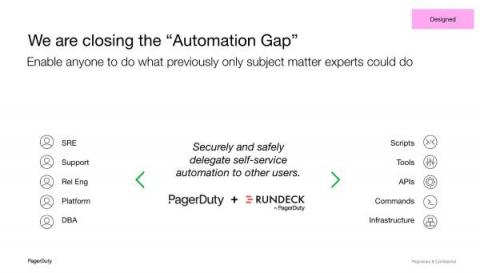Scrum Ceremonies: A Beginner's Guide
A Scrum Ceremony is a type of scrum event or meeting that is intended to help move projects forward in a more timely and efficient manner. These ceremonies occur at key points in the production process, emphasizing organized collaboration and communication between team members to help simplify complex development processes and queues. For example, Daily Scrum is a ceremony held every morning to go over which items have been completed, which are being worked on, and which are coming up.







